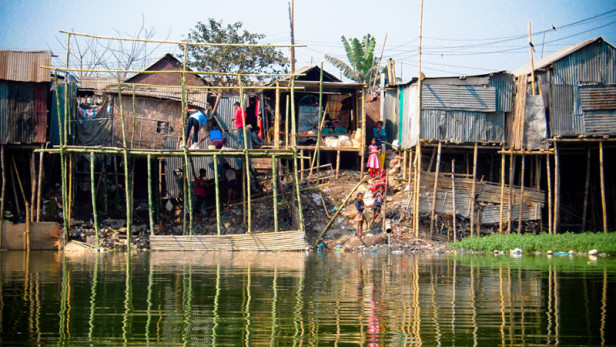Đọc các bài cùng chuỗi, xin click vào đây.
Chào các bạn,
Tiếp theo “Hát Xoan Phú Thọ”, hôm nay mình giới thiệu đến các bạn “Hát Xẩm”, một trong những thể loại dân ca cổ xưa của Việt Nam chúng ta.
Hát Xẩm là hình thức hát rong có địa bàn hoạt động khắp cả nước. Nhưng chỉ trong Hát Xẩm cổ vùng đồng bằng Bắc bộ mới có làn điệu riêng. Khi biểu diễn, người Hát Xẩm thường vừa hát vừa đánh đàn bầu (còn gọi là đàn Xẩm) hoặc kéo nhị, phối hợp với người đánh sênh, vỗ trống mảnh-đây là những nhạc cụ thường sử dụng trong dàn nhạc Xẩm. Đôi khi có thêm cả trống đế, mõ, hoặc một số nhạc cụ khác. Tiếp tục đọc “Dân ca dân nhạc VN – Hát Xẩm”




 By
By 

